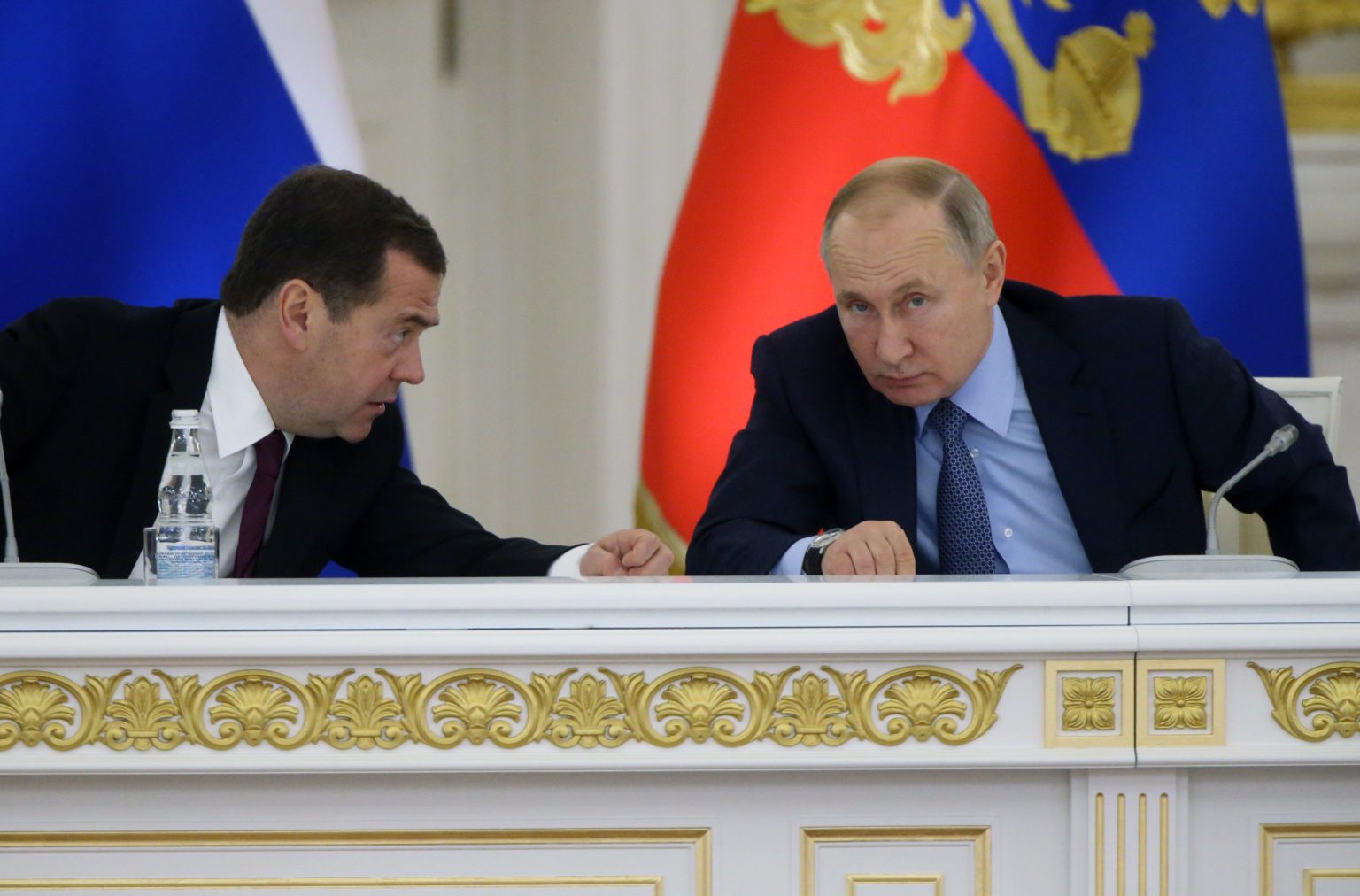Former Russian President Dmitry Medvedev ushered in the new year with a bold proclamation, declaring 2025 the “Year of the Great Victory” for Russia, a statement laden with implications for the ongoing conflict in Ukraine. This pronouncement, disseminated via a gif on X (formerly Twitter) and a video message on Telegram, underscores the Kremlin’s unwavering commitment to achieving a decisive victory, irrespective of its definition, on the Ukrainian battlefield. Medvedev’s assertive language mirrors the rhetoric employed by other Putin allies, further solidifying the impression of a unified front within Russia’s leadership regarding the war’s desired outcome. This declaration raises significant questions about the potential trajectory of the conflict and the prospects for a negotiated settlement.
Medvedev’s New Year’s message resonates with a distinct undercurrent of historical symbolism, drawing parallels between the current conflict and Russia’s triumph over Nazi Germany in World War II. He evoked the “glorious history of Russia” as a source of strength and resilience, suggesting a continuity of purpose and determination between the past and present. This harkening back to a defining moment of national pride serves to bolster support for the war effort and frame it within a narrative of righteous struggle against a perceived existential threat. The linkage between the current conflict and World War II, however tenuous, is a recurring theme in Russian propaganda, aiming to galvanize patriotic sentiment and legitimize the invasion in the eyes of the Russian public.
The timing of Medvedev’s pronouncement is particularly noteworthy, coinciding with the second anniversary of Russia’s full-scale invasion of Ukraine and the dawn of a new U.S. presidential administration under Donald Trump. Trump’s previous pronouncements about swiftly ending the war have fueled speculation about a potential push for a negotiated settlement, possibly involving a freezing of the conflict. However, Medvedev’s emphatic assertion of an impending Russian victory suggests a stark divergence between the Kremlin’s aspirations and the possibility of a negotiated compromise. This discrepancy raises concerns about the feasibility of diplomatic solutions and the potential for a protracted and escalating conflict.
Putin’s own New Year’s address, while lacking the overt triumphalism of Medvedev’s message, nonetheless reinforced the central role of the military in the national consciousness. His declaration of 2025 as the “Year of the Defender of the Fatherland” underscores the ongoing militarization of Russian society and the prioritization of the war effort. By honoring current servicemen alongside veterans of World War II and other conflicts, Putin seeks to cultivate a sense of national unity and shared sacrifice, further solidifying support for the war in Ukraine. This focus on military themes aligns with Medvedev’s declaration and reinforces the Kremlin’s commitment to its military objectives.
The messages from Putin and Medvedev are echoed by other allies, including North Korean leader Kim Jong Un, who extended New Year’s greetings to Putin expressing hopes for a Russian victory against “neo-Nazis” in Ukraine. This chorus of support from authoritarian leaders underscores the geopolitical dimensions of the conflict and the alignment of Russia with regimes that often stand in opposition to Western democracies. The shared rhetoric employed by these leaders reinforces the narrative of a global struggle against perceived Western hegemony and strengthens the perception of a united front against a common enemy.
Looking ahead, the divergence between the Kremlin’s stated objectives and the potential for a negotiated peace raises serious concerns about the future trajectory of the war. While the incoming Trump administration may explore diplomatic avenues, Medvedev’s pronouncements suggest a firm resolve within the Russian leadership to achieve a decisive military victory, potentially prolonging the conflict and escalating the human cost. The confluence of these factors creates a complex and volatile landscape, with the potential for unpredictable developments in the coming year. The chasm between rhetoric and reality will likely define the course of the war in Ukraine and its implications for global stability.


